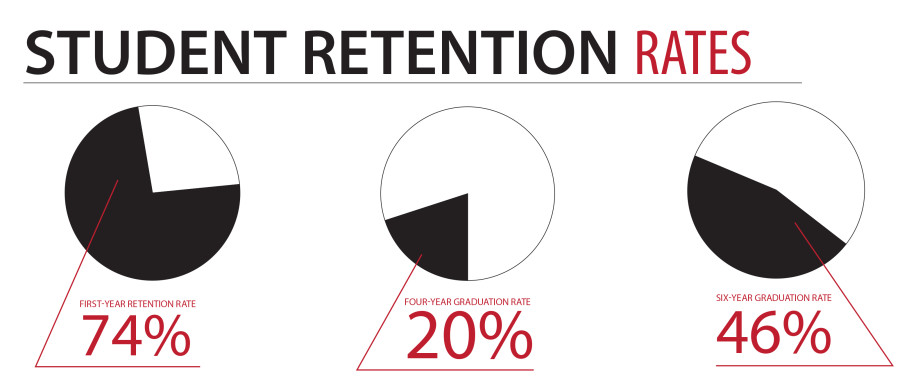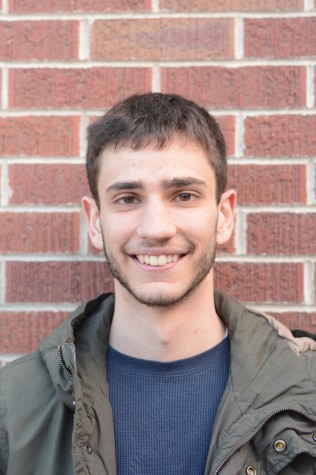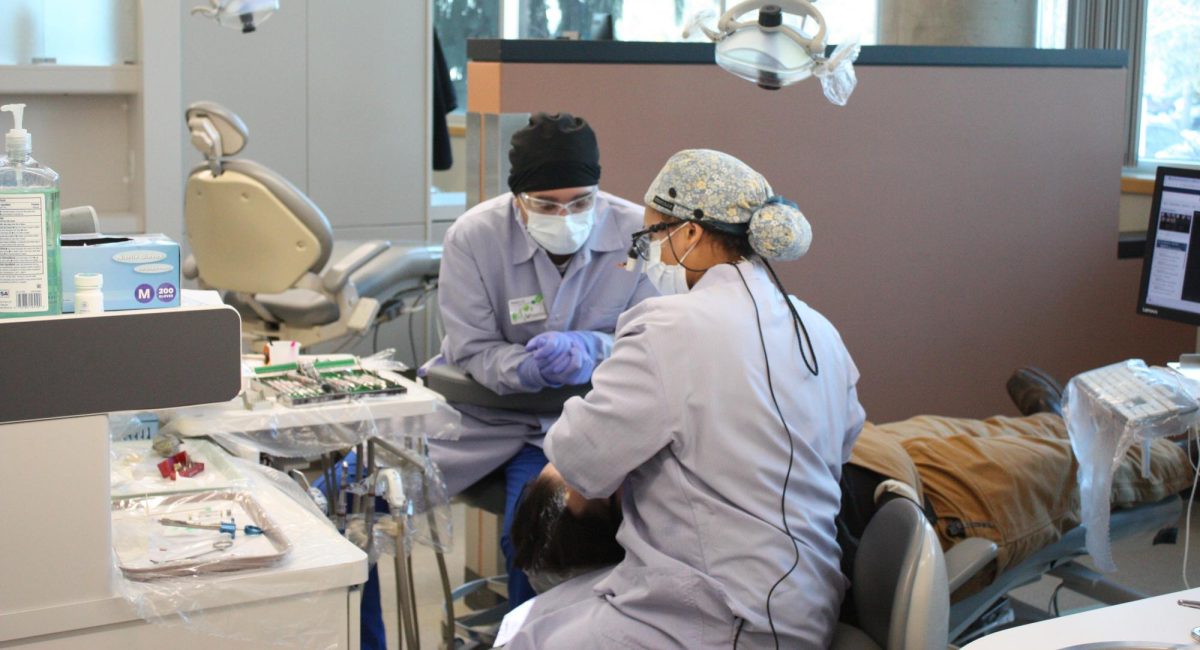Faculty leaders look to improve retention
January 29, 2014
With the decision finally made to stick with quarters rather than switching to semesters, EWU faculty leaders can now put their energy into reforming the general education system in the hopes of improving student retention.
According to U.S. News, Eastern’s first-year retention rate was 74 percent in 2012, the four-year graduation rate was 20 percent and the six-year graduation rate was 46 percent. While these numbers are not awful compared to other schools around the country, there is still room for improvement.
For comparison, Western Washington University’s first-year retention rate for the same year was 85 percent, the four-year graduation rate was 35 percent and the six-year graduation rate was 67 percent.
In an attempt to improve student retention, Samuel Ligon, a creative writing professor, formed the Student Success and Retention Committee, or SSRC, in fall of 2012 while president of the faculty organization. The committee, now co-chaired by Chuck Lopez and Julia Smith, the latter taking over as president of the faculty organization, formed two different subcommittees aimed towards achieving this goal. These are called First Year Experience and General Education Review and Reform. The SSRC also has a third area of focus on academic advising.
“We think that students who are part of a community are much more likely to succeed,” Ligon said.
The university is planning a trial of the First Year Experience program in fall of 2014. The pilot project would take 25 incoming students and base three different courses on a common theme coordinated with instructors from three different areas: Humanities, social sciences and natural sciences. For instance, students could study a topic like sustainability through the lens of natural science, social science and humanities, with instructors from the different departments all communicating with one another on the subject.
According to a report made to the board of trustees in November 2013 by Julia Smith, “programs like this have been shown to increase student retention at other universities, especially in that critical first-year to second-year dropoff.”
The idea behind the program is that students, especially first-generation students, will be more integrated into the college culture in the first year by sharing classes with other students interested in the same subjects.
If the pilot project is well-received, the faculty is shooting for fall of 2016 to implement the program for all students.
“It’s going to be meaningful to their major, but also relevant to their schooling experience,” said Melinda Breen, co-chair of the General Education Review and Reform committee.
According to Breen, the First Year Experience program is something students should be excited about.
“The people launching the pilot [project] are dynamic, engaged, smart people,” Breen said. “Students are going to want to be a part of it.”
Kevin Decker is the other co-chair of the committee, commonly referred to as GERR. Decker and Breen spent much of last year looking for ways to improve general education at Eastern, including meeting with individual departments, meeting with ASEWU and conducting surveys.
From their research, Decker said that the committee came up with a statement detailing what a general education student needs to be able to know and do in the 21st century. They found that oral communication, critical thinking and information literacy are key moving forward.
These skills would be improved upon not by adding a class, but by emphasizing the skills in the general education classes.
According to Decker, there are additional reasons for a lower retention rate at Eastern, which include high tuition costs, financial aid becoming more restrictive and the fact that Eastern gets many first-generation college students.
“A lot of what makes the decision of whether somebody stays or not is a social and emotional issue, and it doesn’t have so much to do with whether we academics do ‘x’ or ‘y,’” Decker said.
But according to Decker, there are still things they can do to improve retention. Simply focusing on being a well-rounded individual, like the liberal arts currently does, is not enough.
“We need well-rounded individuals who are also competent to get jobs and move up,” Decker said.
There are other changes the committee is looking at as well.
“We’re looking at everything,” Breen said. “Everything is on the table.”
One possible measure is integrating an early-warning system designed to identify students having trouble early on, so they can have a better chance to succeed.
Some people have proposed requiring students to live on campus their first year, but this is a controversial topic, according to Decker. While statistics point to a greater increase in success for students living on campus, it would be a hard sell.
Both Breen and Decker cite the importance of academic advising, which is another subcommittee of the SSRC, on student retention as well.
“Developing clear pathways for students will definitely aid retention,” Breen said.
All of this is an effort not only to increase retention, but also to increase success for students out of college as well.
“The job market is so sucky that, in my book, we have to make whatever changes we can to make students be able to better navigate that,” Decker said.
He wants to reform the system so that students can graduate and find jobs, as well as become leaders in the community.
“We’ve got enough followers,” he said. “We don’t need any more followers.”









